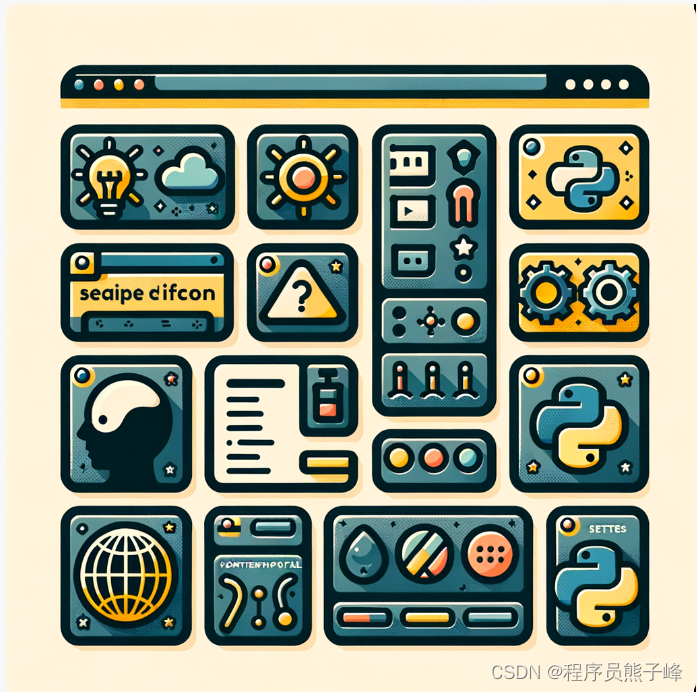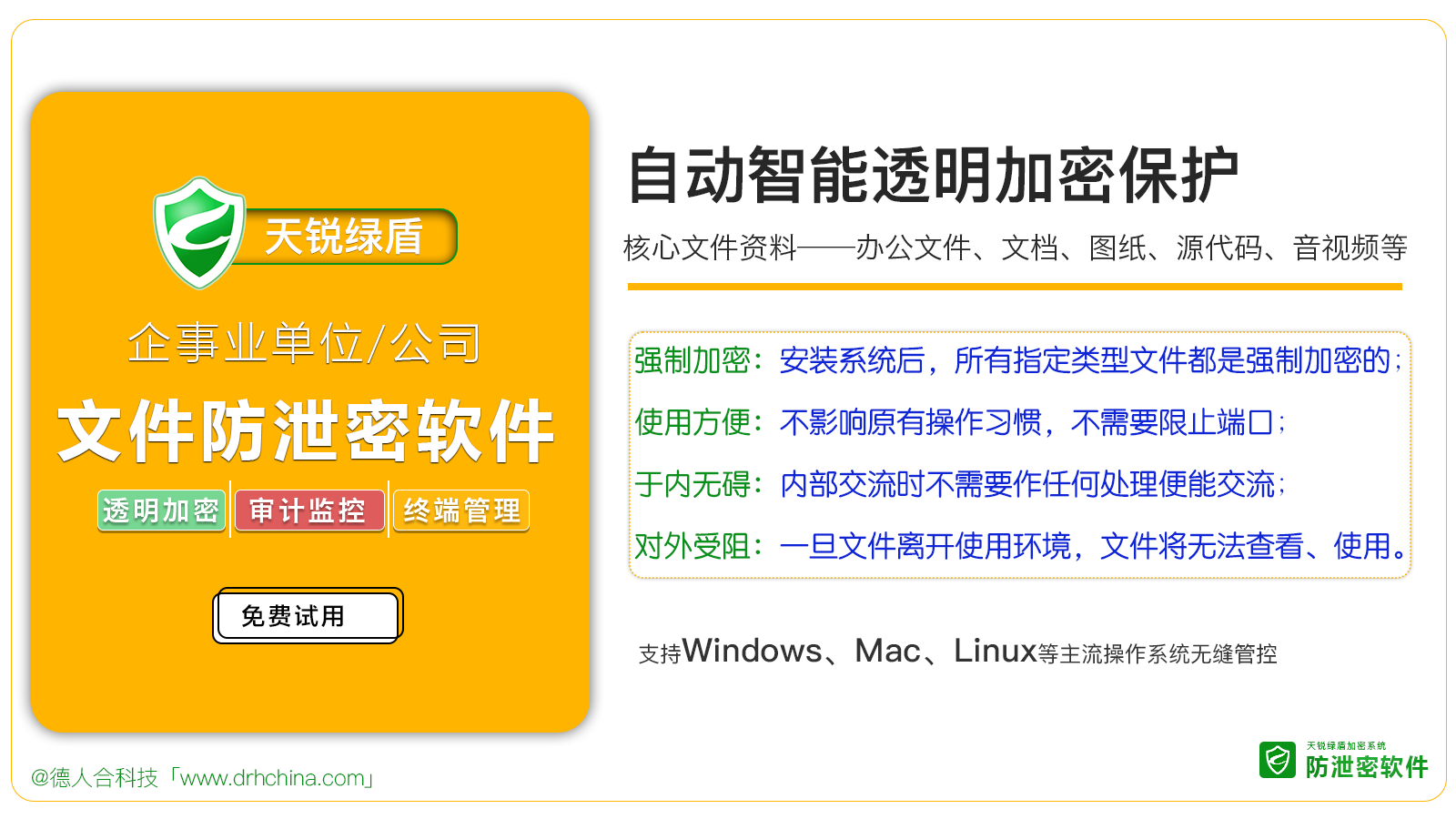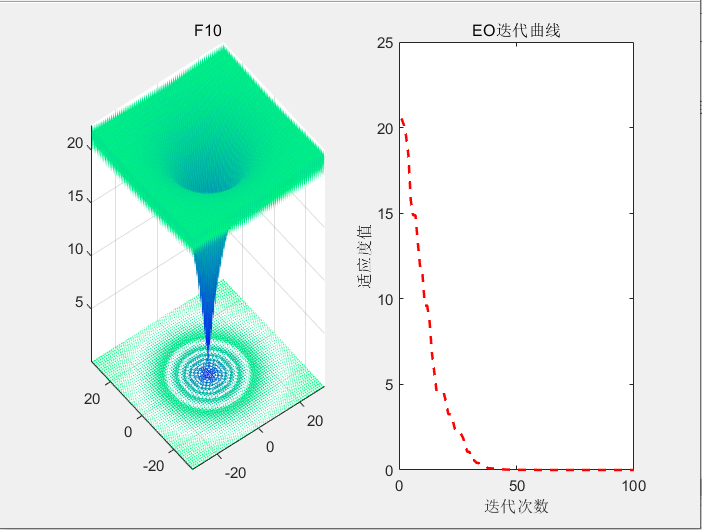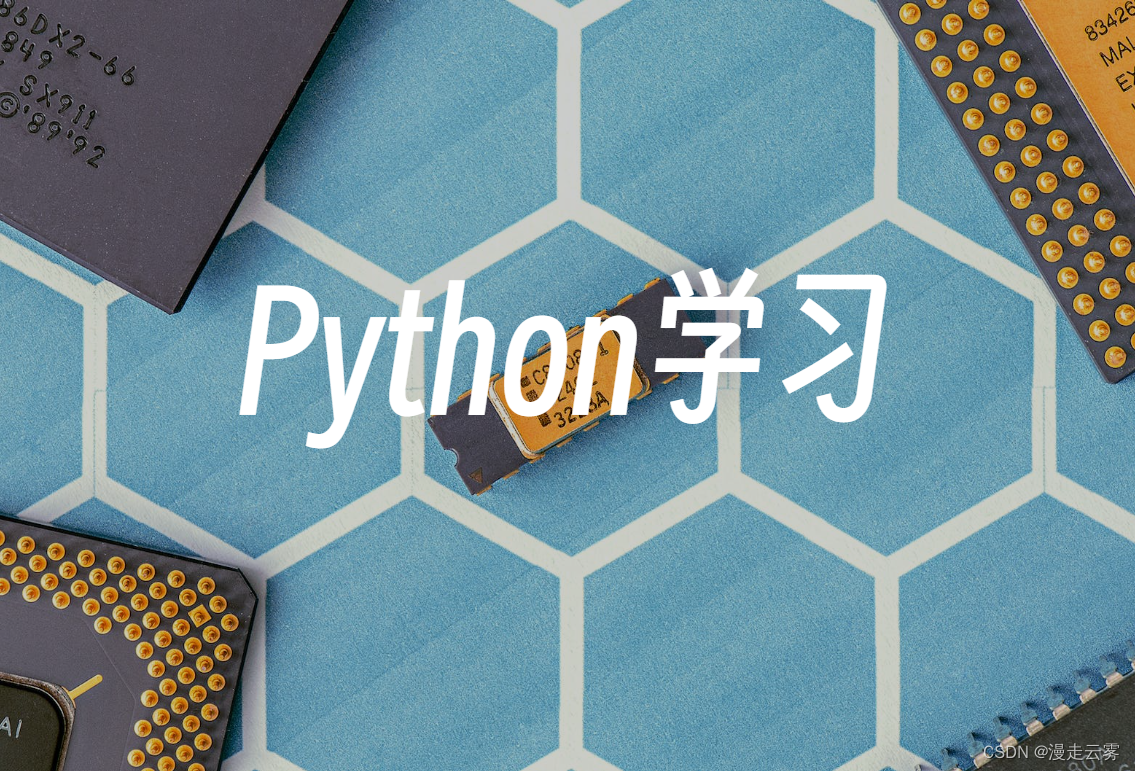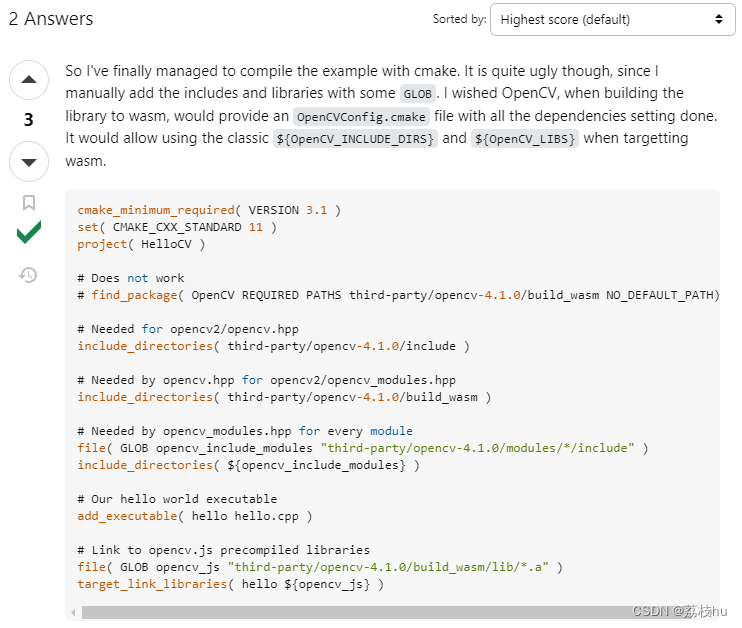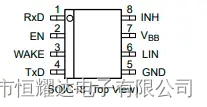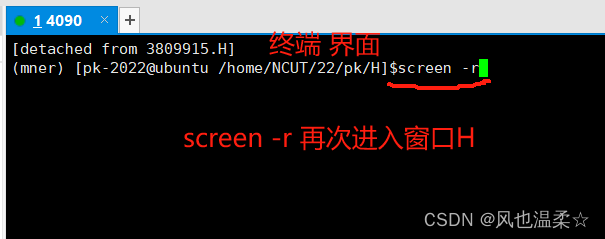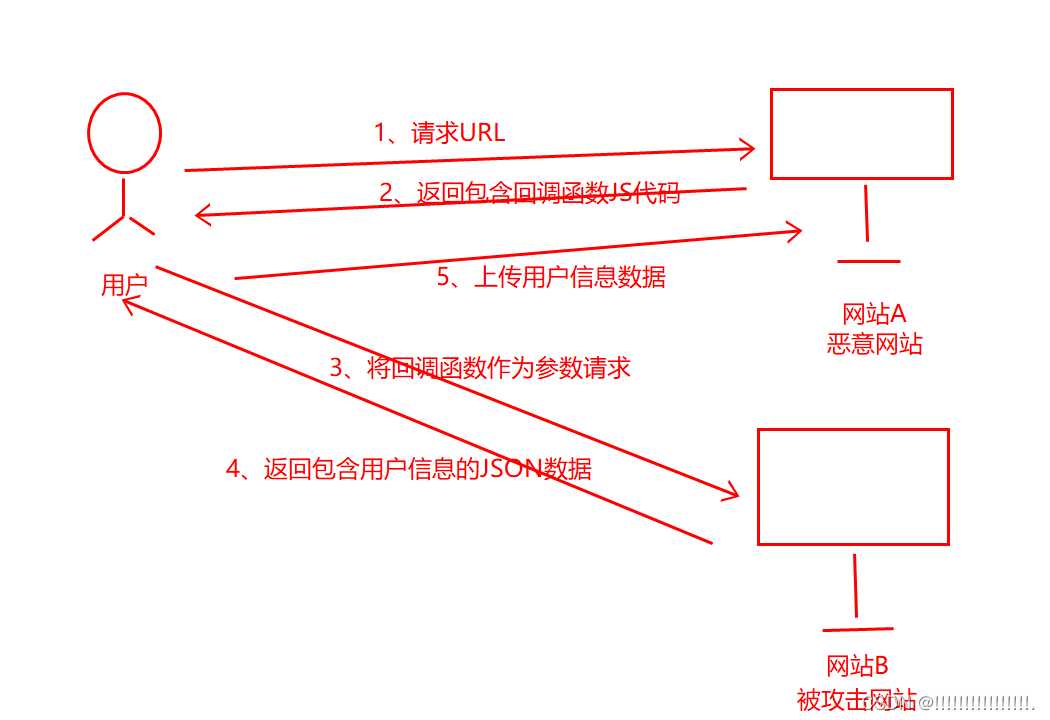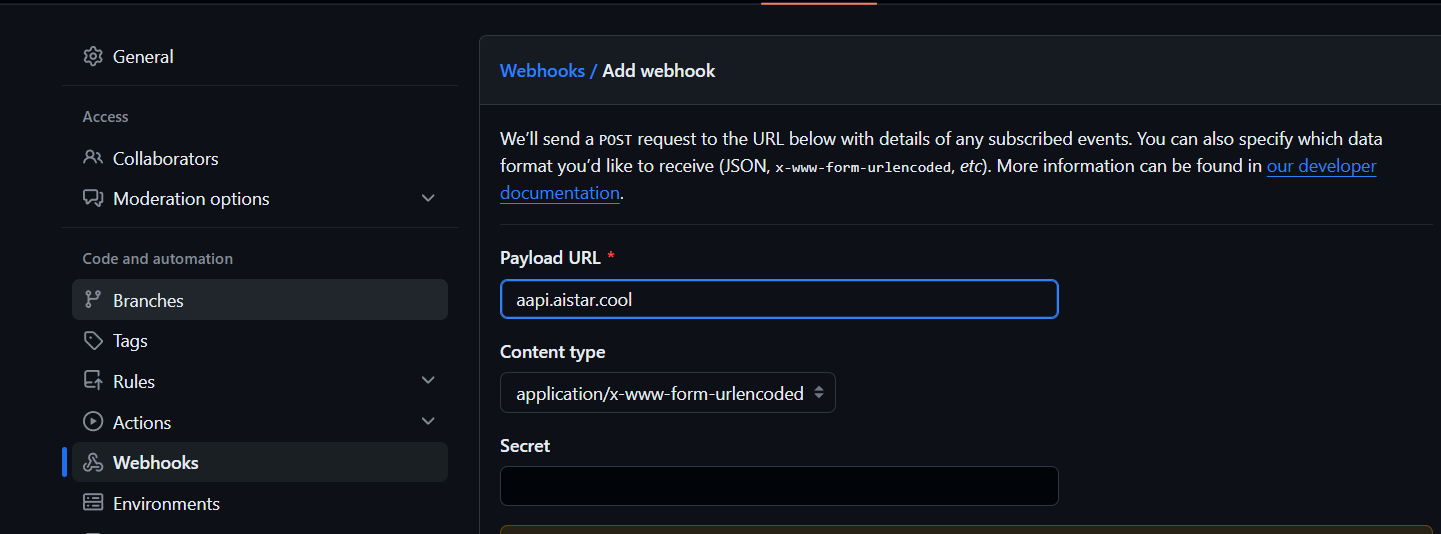1.背景
之前一直使用PysimpleGUI来做带图形界面的程序,每次都需要编译成exe发给别人用,一来版本更新就要通知挨个通知更新,二来显示的界面也比较丑,要看大面积的数据,就不方便。
今天午餐时问了一下AI,把我的需求告诉它,它推荐我使用Flask库来实现,详细提出需求,跟它结对编程,大概1个小时,把这个框架和部分代码完成了。
2.成果展示
这是一个日志查看器,可以选择文件,按照时间,设备名称和类型来筛选日志,也可以用正则表达式搜索,并导出搜索结果。实际上它的核心功能是:
grep -E "2024-03-14|A012|"03 03 02" logs.log通过界面把其中的搜索参数配置好,不需要每次完整的手敲grep 条件。
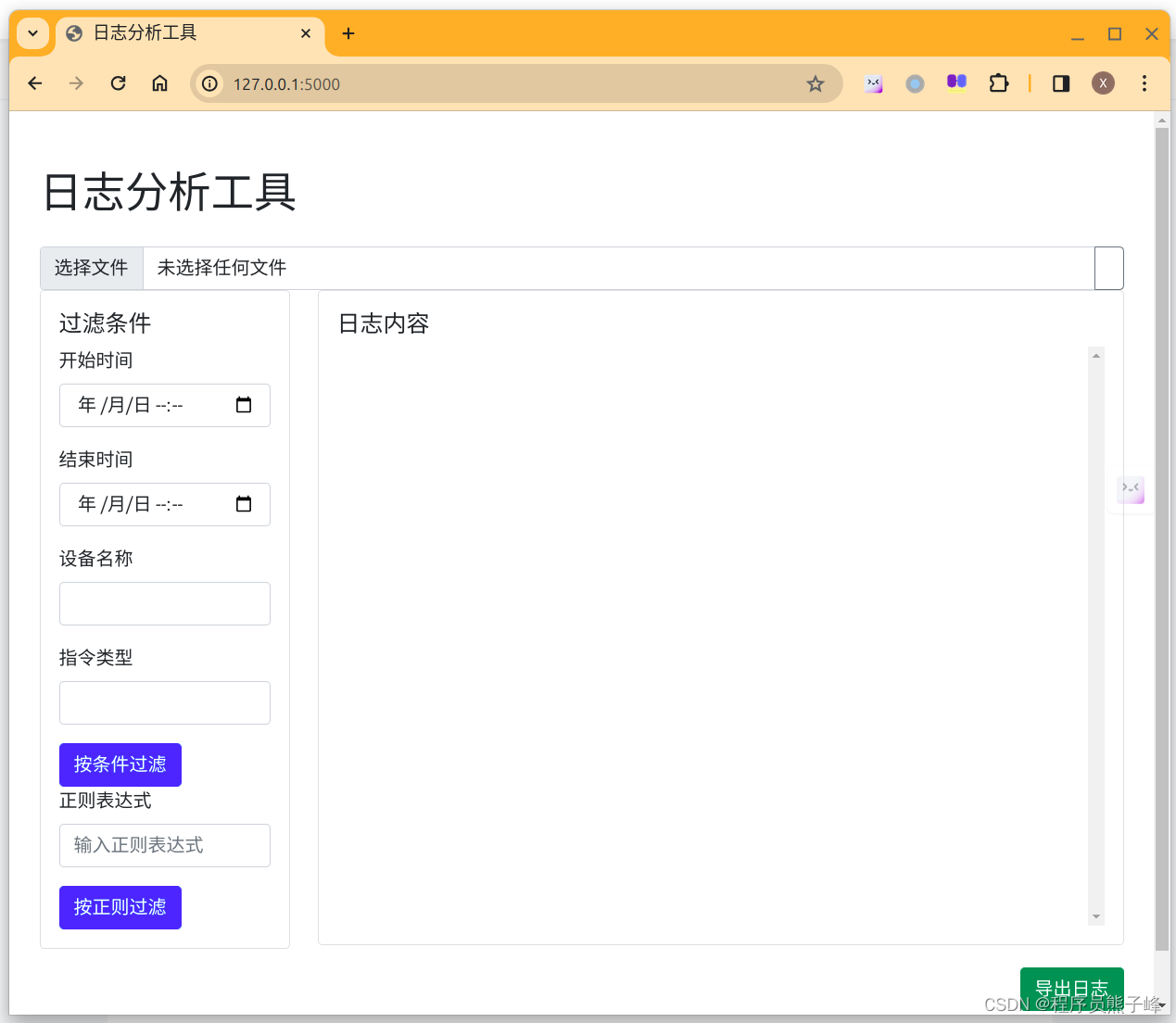
3.关键代码
整体由一个python程序和一个html程序构成,都是GPT-4生成的,我做了一些修改。
主要是两点:
1.它不太理解我的搜索条件,以为是下拉框,我改成输入框,然后还有一些引用错误。
2.我希望导入文件后,立即展示在内容显示框,增加了一个联动操作。
from flask import Flask, render_template, request, send_file
import os
import re
import gzip
import json
from datetime import datetime
app = Flask(__name__)
# 日志文件路径
LOG_DIR = 'logs'
# 获取日志文件列表及元数据
def get_log_files():
files = os.listdir(LOG_DIR)
log_files = []
for file in files:
if file.endswith('.log') or file.endswith('.log.gz'):
file_path = os.path.join(LOG_DIR, file)
start_time, end_time, device_types, log_types = parse_log_metadata(file_path)
log_files.append({
'name': file,
'start_time': start_time,
'end_time': end_time,
'device_types': device_types,
'log_types': log_types
})
return log_files
#省略80行
def read_log_file(file_path, regex):
logs = []
if file_path.endswith('.log.gz'):
with gzip.open(file_path, 'rt') as f:
for line in f:
if regex and not re.search(regex, line):
continue
logs.append(line.strip())
else:
with open(file_path, 'r') as f:
for line in f:
if regex and not re.search(regex, line):
continue
logs.append(line.strip())
return logs
if __name__ == '__main__':
app.run(debug=True)html文件
<!DOCTYPE html>
<html lang="en">
<head>
<meta charset="UTF-8">
<meta name="viewport" content="width=device-width, initial-scale=1.0">
<title>日志分析工具</title>
<link rel="stylesheet" href="https://cdn.jsdelivr.net/npm/bootstrap@5.1.3/dist/css/bootstrap.min.css">
<style>
.log-content {
height: 500px;
overflow-y: scroll;
}
</style>
</head>
<body>
<div class="container my-5">
<h1 class="mb-4">日志分析工具</h1>
<div class="row mt-3">
<div class="col-12">
<div class="input-group">
<input type="file" class="form-control" id="file-input" onchange="loadFile()">
<button class="btn btn-outline-secondary" type="button" onclick="loadFile()"></button>
</div>
</div>
</div>
#省略200行
<script>
function loadFile() {
const fileInput = document.getElementById('file-input');
const file = fileInput.files[0];
if (!file) {
alert('请选择一个文件');
return;
}
const reader = new FileReader();
reader.onload = function(e) {
const logContent = document.getElementById('log-content');
logContent.innerHTML = e.target.result.replace(/\n/g, '<br>');
};
reader.readAsText(file);
}
function searchLogsbyReg() {
const form = document.getElementById('filter-form');
const formData = new FormData(form);
fetch('/search', {
method: 'POST',
body: formData
}).then(response => response.json())
.then(data => {
const logContent = document.getElementById('regex');
logContent.innerHTML = data.join('<br>');
});
}
function exportLogs() {
const form = document.getElementById('filter-form');
const formData = new FormData(form);
fetch('/export', {
method: 'POST',
body: formData
}).then(response => response.blob())
.then(blob => {
const url = URL.createObjectURL(blob);
const link = document.createElement('a');
link.href = url;
link.setAttribute('download', 'logs.txt');
document.body.appendChild(link);
link.click();
document.body.removeChild(link);
});
}
</script>
</body>
</html>4.网页GUI的好处
1.无需多次编译
我可以把它放在服务器上,不需要编译成Windows的exe,也可以让windows的同事使用;
2.更新只要一处更新
每次迭代升级,只要更改这个python文件,再重新运行即可
3.界面更现代化
比起PysimpleGUI的界面,浏览器看起来更高端大气上档次一点。

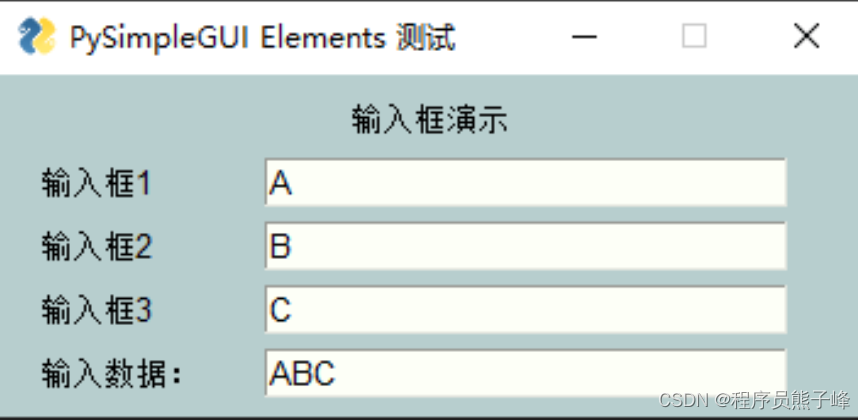
如果需要完整的代码,或与我交流AI辅助编程的事情,欢迎私信我,全网同名。
